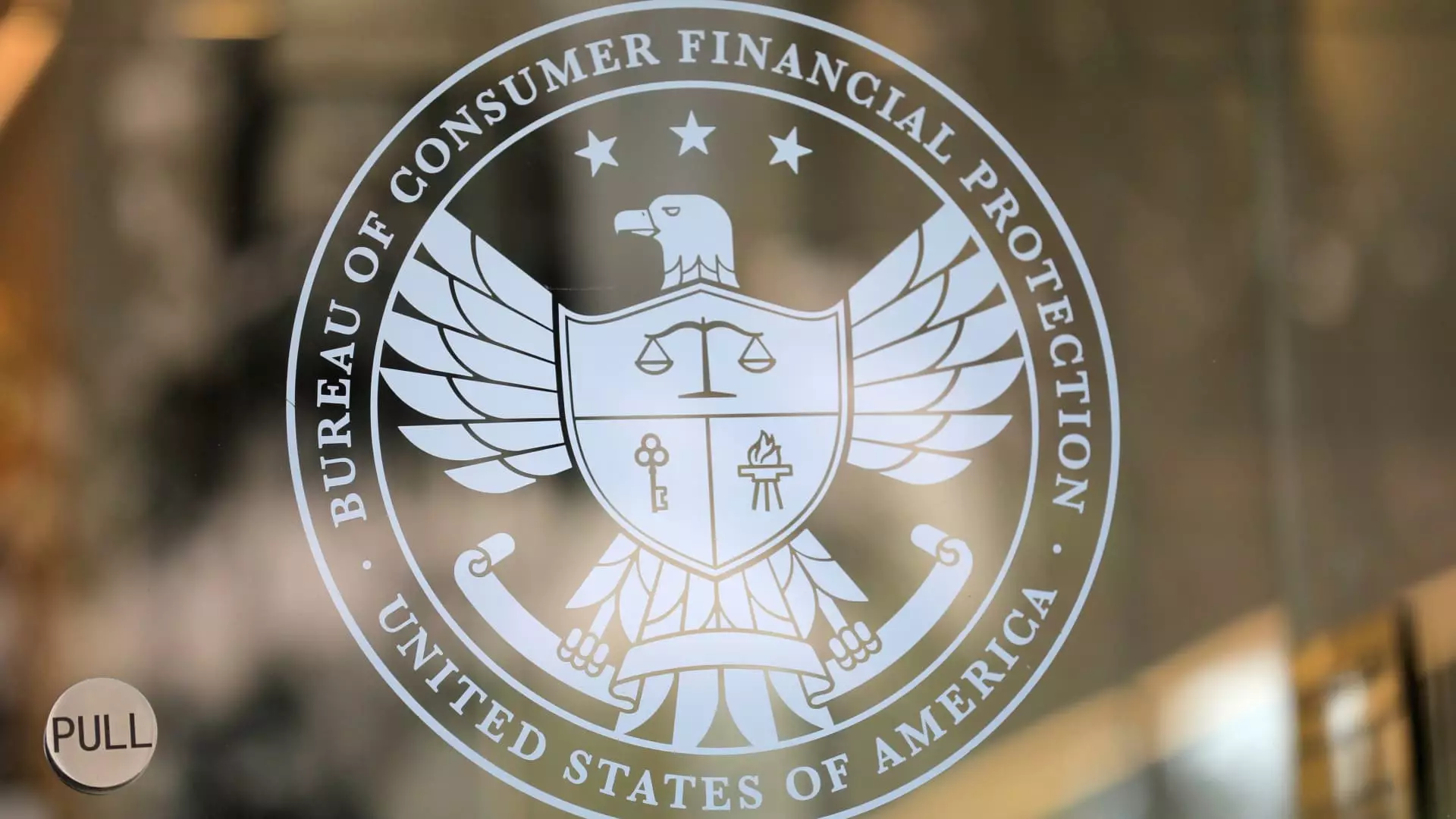The Consumer Financial Protection Bureau (CFPB) was established to protect consumers from financial mismanagement, an initiative that arose out of the chaos of the 2008 financial crisis. However, the Trump administration’s relentless bid to weaken this crucial agency illustrates a dangerous disregard for consumer welfare. The attempts to dismantle the CFPB not only threaten to destabilize financial protections but also expose a fundamental misunderstanding of government’s role in regulating crucial consumer financial services. The erosion of the CFPB raises significant concerns for financial stability and consumer protection moving forward.
The Rocky Road Ahead: Legal Battles and Uncertainty
Legal tussles surrounding the CFPB have been extensive and tumultuous. The Trump administration’s initial moves to stall the agency’s operations back in February have created an air of uncertainty regarding its future. With significant staffing cuts on the table, the practical implications for financial oversight are troubling. While this administration insists on downsizing the agency to align with a supposed “new management philosophy,” such a move undermines the very essence of its mission. Expert commentary has pointed out that the push to fire about 1,300 employees—nearly 76% of the workforce—may effectively cripple the CFPB’s capacity to fulfill its statutory duties.
The situation is dire, as federal judges like Amy Berman Jackson are forced into the uncomfortable position of protecting the agency from the administration’s whims. Removing vast portions of the CFPB’s workforce signifies not simply a reduction in personnel but a comprehensive dismantling of consumer financial protections. As such, it raises more than eyebrows; it stirs concern about the very framework of consumer law established to rectify past financial wrongdoings.
The Unintended Consequences: Struggles of Innovators
Innovators in the financial sector are reeling from the lack of regulatory clarity. Phil Goldfeder, CEO of the American Fintech Council, makes a salient observation: a vacuum in regulatory structure threatens not only traditional banks but also new financial technology firms that aim to enhance consumer experience. In the absence of proper oversight, the potential for fraud and unethical practices escalates. If the CFPB is forced to wane, it might create an environment where companies take advantage of consumers, exploiting loopholes in regulations that should protect them.
CFPB regulations on overdraft fees and oversight on payment apps were geared towards leveling the financial playing field. However, since the Trump administration has actively targeted these regulations, the risk of rolling back protections increases, which could force vulnerable consumers back into precarious and exploitative situations. It’s an unsettling notion that innovation, which ideally should empower consumers, could potentially end up jeopardizing their financial stability.
Flawed Assumptions: Myth of the Efficient Market
One of the main arguments put forth by supporters of curtailing the CFPB is that market forces will naturally regulate themselves, leading to lower costs and better services for consumers. However, this notion demonstrates a superficial understanding of the financial landscape. The reality is that without regulatory oversight, monopolistic tendencies become a real threat, leading providers to impose excessive fees and exploitative practices that would have been checked under the CFPB’s watch.
For instance, the elimination of rule changes that would have leveled the regulatory field for non-bank financial entities negates an essential foundation for fair play. Adam Rust from the Consumer Federation of America has highlighted that differing levels of oversight between bank products and fintech apps could result in a regulatory patchwork that leaves consumer protections severely weakened. The resulting chaos will likely lead consumers to face a variety of unfair practices that could have been prevented through a unified regulatory approach.
A Silent Crisis: Compromised Consumer Complaints
The CFPB has long served as a critical avenue for consumers to voice their financial grievances, with over 25,000 complaints filed weekly. However, with the impending cuts to the agency, the efficacy of this complaint resolution process is under significant threat. Consumer advocates warn that the backlog of complaints may grow without adequate staff to address them, leading to disillusionment among individuals who seek redress. If the mechanism meant to protect consumers falls silent, the consequences could be disastrous for public trust in both financial institutions and the government.
As we see attorneys general from various states uniting against the attempts to defund the agency, it is alarmingly clear that a substantial contingent of society recognizes the stakes at hand. The impending collapse of the CFPB could foster a chilling environment for consumer advocacy, threatening the basic financial rights that citizens built from the ashes of the crisis.
A Call to Action: Rallying for Consumer Protections
The legal and political challenges faced by the CFPB go beyond bureaucratic hurdles; they serve as a wake-up call for advocates, consumers, and policymakers alike. The unraveling of the CFPB spells urgent need for a national conversation around consumer protections and regulatory frameworks. It is imperative for those who believe in financial fairness and consumer rights to rally together and ensure that the invaluable work of the CFPB is not merely a relic of the past but rather a continuing commitment to empowering consumers in a challenging financial landscape.

